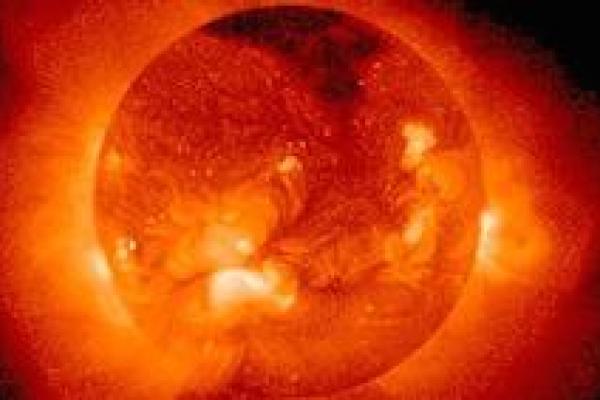Plus Magazine
On 11th August 1999 a total eclipse of the Sun will be visible from parts of the UK. It will provide a spectacular display, but why is the Sun so interesting? Helen Mason explains.
On 11th August 1999 a total eclipse of the Sun will be visible from parts of the UK. It will provide a spectacular display, but why is the Sun so interesting? Helen Mason explains.
Do you know where I could possibly get information on GCE O Level offered by Cambridge? Would be grateful if you could assist.
Michael Sital
University of Cambridge Local Examinations are now handled by OCR. Here are their details:
Back in March the Department for Education and Employment (DfEE) invited businesses, educationalists (including our very own Millennium Mathematics Project) and the media to a conference in London to introduce their strategies for the Maths Year 2000, which will begin in January and run throughout next year.
Put the gobbling goat on a diet
